With this year’s mild winter, our gardening season in the Pacific Northwest has gotten off to a much earlier start than normal. From lawns that needed a good mowing weeks ago to fields of tulips in bloom well before the height of the Skagit Valley Tulip Festival, signs of an early spring have been plentiful. As you prepare to plant your vegetable garden this year, here are four tips for a more productive, rewarding garden.
1. Give each plant in your garden the sun exposure it needs. Now, with adequate water, most vegetables will produce best in full sun. The breadbasket of California’s Central Valley wasn’t born from its abundance of shade! However, if your garden space doesn’t have full sun, understand that plants grown for their roots or fruits need sun; those grown for their leaves will do well even in some shade. So, as you decide what to plant where, keep your peppers, tomatoes, beans and carrots in the sun and let the lettuce and spinach grow in the shadier areas.
2. Know what plants to grow next to each other. Browse blogs and you’ll find lists of plants that aren’t “compatible” in the garden. Here’s a little secret: I’ve broken several of those rules (mostly unknowingly) and my garden grows just fine. If your garden lays out best with beans next to onions, don’t sweat it—you won’t end up with toxic onions or shriveled beans.
What I’m referring to, rather, is this: give each plant the space it needs to produce. Tomatoes are notorious space hogs in a small garden. Realizing this, I’ve found it best to plant early-season crops like broccoli and cauliflower next to my tomatoes. By the time the tomato plants are big enough to infringe on the broccoli, I’ve harvested my crop of broccoli and made room for the tomatoes to grow.
3. Don’t expect an abundant harvest without providing abundant nutrients. Having seen the results in my own garden and those of many pleased fellow gardeners, I’m a big fan of mushroom compost for vegetable gardens. Spread a layer evenly over the entire garden at the beginning of the season and spade or rototill it through the soil before you plant. Then watch your garden grow! The aged chicken manure in mushroom compost will get your tomatoes growing like nothing else can. At Vander Giessen’s, we carry mushroom compost in bulk–bring your pickup or trailer and we’ll fill it up!–and aged chicken manure in bags.
4. Realize that you’re not the only one looking forward to a rich harvest from your garden in the year to come—bugs are too. While you can somewhat successfully deal with bugs after you find them munching on your rose bushes, nobody wants to deal with bugs in the vegetable garden after the fact (spinach à la aphids, anyone?), so deal with insects in the garden preventatively.
Each year when I plant my garden, I treat it with Sevin insect dust. This insecticide is safe to use on vegetable gardens and is effective in preventing and controlling insect populations. If you prefer an organic option, Captain Jack’s Deadbug dust or liquid is a great alternative made from a naturally-occurring bacteria shown to kill many common insects. At Vander Giessen’s, we carry both Sevin and Captain Jack’s, in dust form and liquid sprays.
Given the great weather we’re enjoying this year, now is the time to start planting your garden, particularly cool-season vegetables like lettuces, peas, onions, carrots, potatoes and broccoli. By early May, we should see warm enough temperatures to move into the rest of the planting season with tomatoes, peppers, and squash, among others.
Make the most of your garden this year and stop in at the nursery–we’re fully stocked with compost, seeds, vegetable starts and the knowledge you need for a successful growing season ahead!


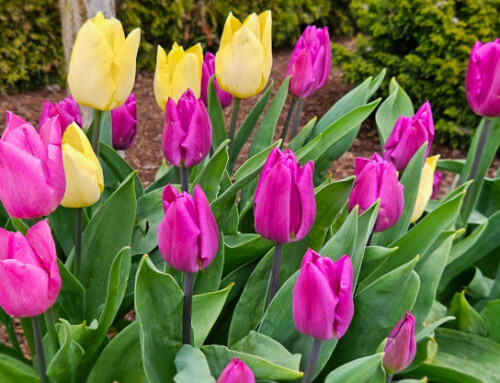
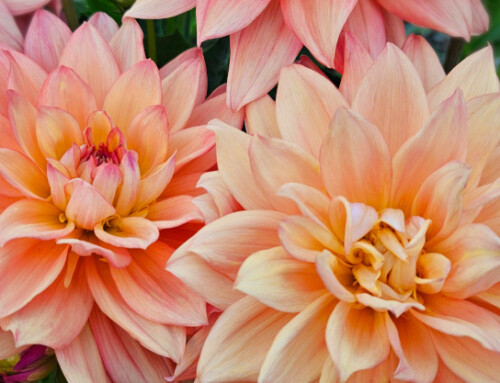
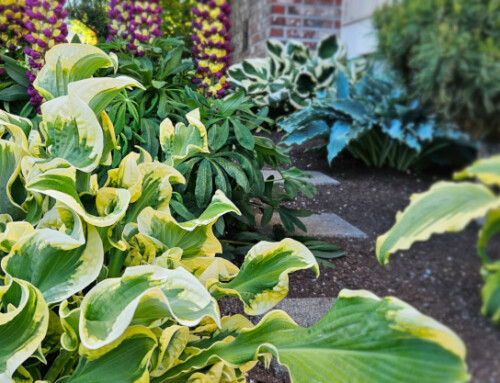
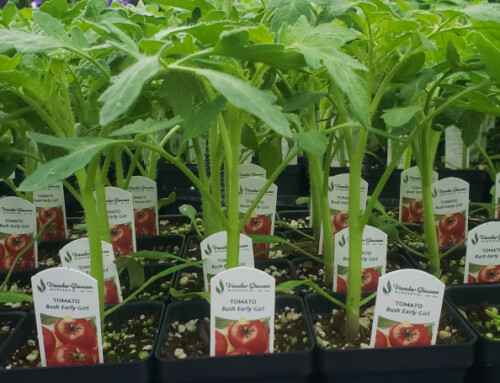
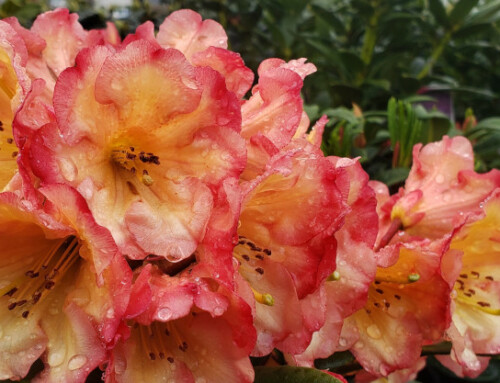
Leave A Comment